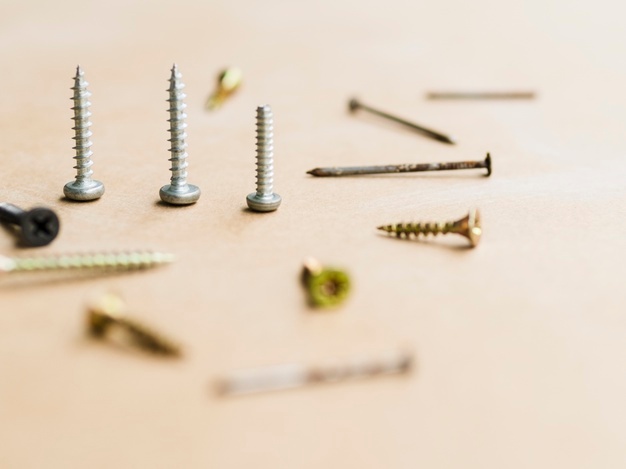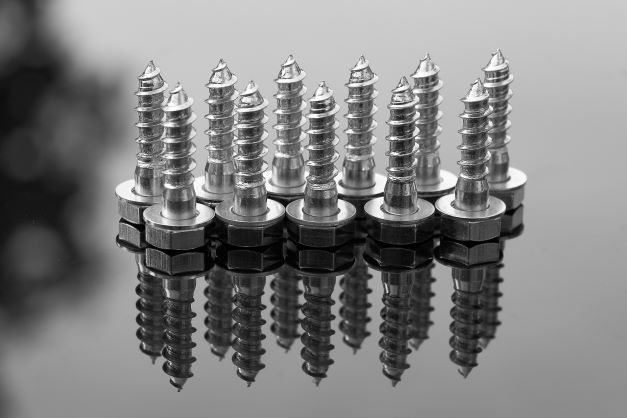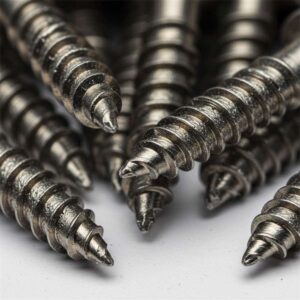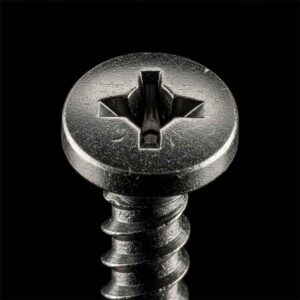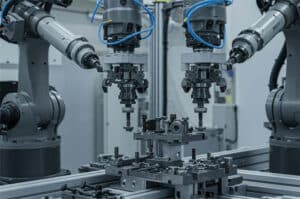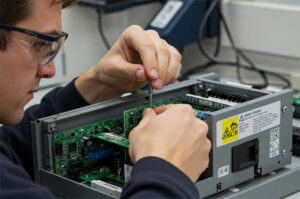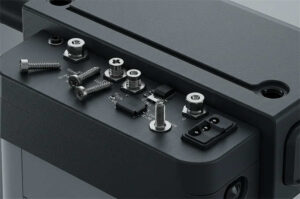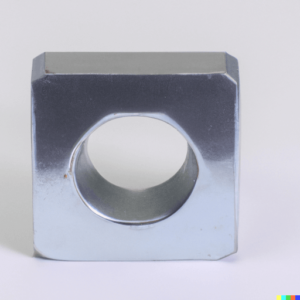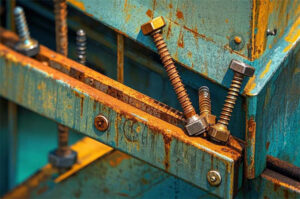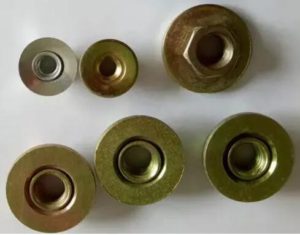Bolts vs. Screws
It’s a common confusion in many industries when to use bolts or screws for certain projects. Both components have been used interchangeably when dealing with fastening, some will agree and disagree with each other’s opinion but what do bolts and screws differ from?
In this article, we will get to know the factors and features of the two fasteners. Bringing up their differences will enhance our knowledge and answer most questions encountered when using bolts and screws.
The Difference Between a Bolt and a Screw
According to some sources, bolts, and screws are synonyms of each other. Screws are generally the term used for similar devices while the rest are under its sub-category. Although, numerous differences are always tackled between the two fasteners.
APPEARANCE
A classic difference that may be first noticed between a bolt and a screw is their appearance. Bolts have a non-tapered shank and fine threads, whereas screws have a tapered or cone-shaped body up to the edge with coarse threads.
FEATURES
The most reason for the confusion between bolts and screws is their features. Many individuals often don’t recognize what the head type and drive style proposes for an assembly.
A screw can have a hex head and the same goes for the bolts. Usually, the different types of head and drive styles are readily available in stock for both fasteners.
FUNCTION
In contrast, bolts require a mating device to function in joints while screws can work individually or sometimes with the help of washers. Additionally, bolts need to be longer in diameter to pierce through the outside of the surface application for the nut to be assembled within the thread. While screws have to be shorter for them to not protrude within surfaces.
EFFECTIVITY
Since bolts have to mate with nuts or washers these devices enhance the efficiency and stability the bolts can provide in joints. With the tight and locking effect of bolts and nuts, it surely brings a secure holding power within the two materials being held.
APPLICATION
To fully comprehend the difference between bolts and screws the matter lies in where they can be applied. Both fastening components are defined as mechanical device which affix/joins two materials together. Yet screws are best suited for less crucial applications such as furniture making, appliances, consumer products, household projects, etc. Usually, they are installed with manual and traditional tools like a screwdriver.
Whereas, bolts have more advantages when used in heavy-duty applications like construction, machinery, automotive, military, aerospace, energy plants, and the list goes on. For installation, bolts are often driven with power tools like a wrench and electrical drill.
Read Here:
What are the types of screws, nuts, and bolts?
Conclusion
Sometimes it requires enough basic knowledge about fasteners to use them properly. But making sure to establish a secure and safe usage of fasteners should come primarily. If having second thoughts about whether to use screws or bolts in your next project it’s best to consult professionals and seek advice.
Bolts and screws are reliable fasteners that allow a strong connection between materials and surfaces. Yet having to know their quality and capacity impacts how efficiently and effectively they can work in assembly.
